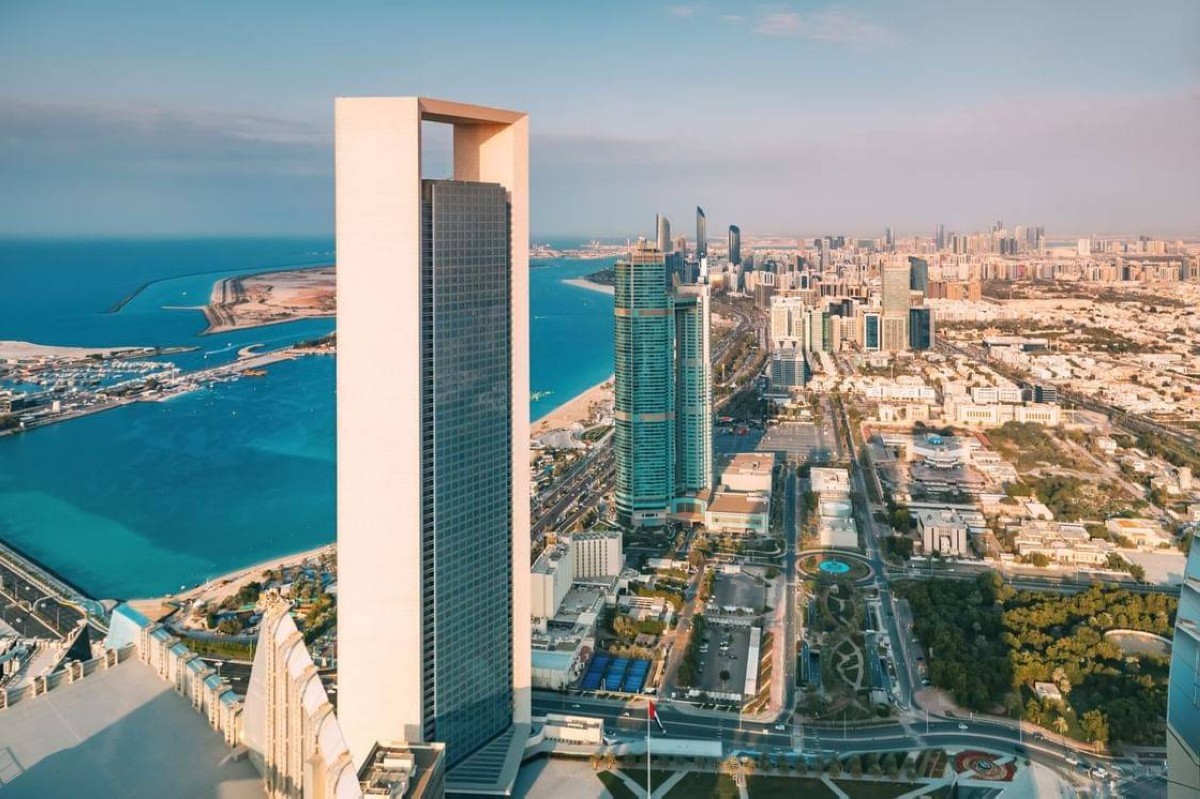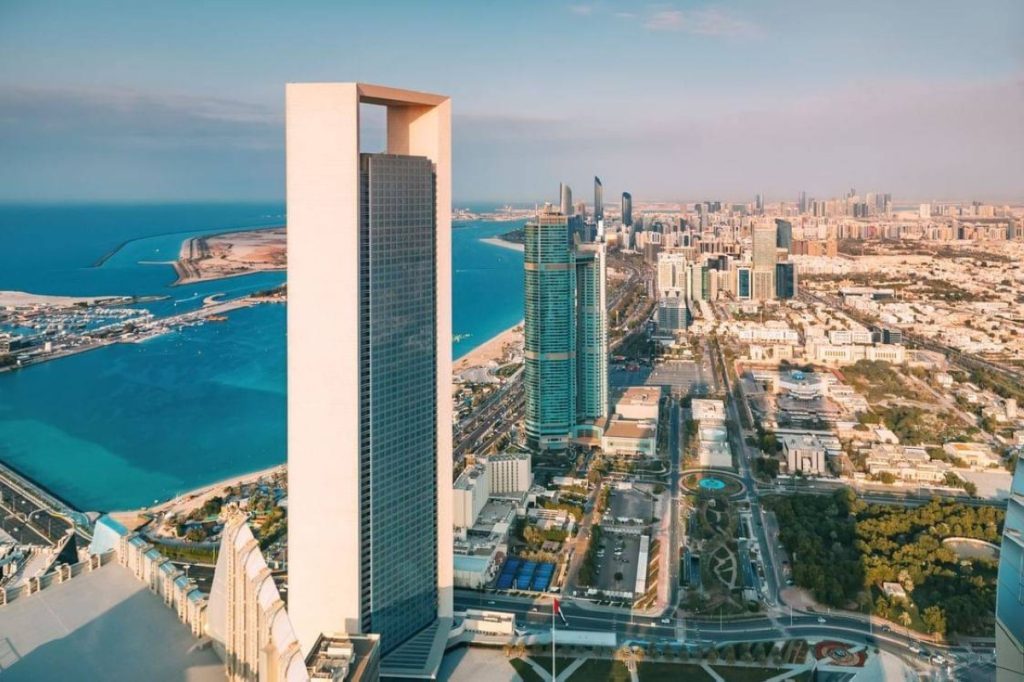The real estate sector in the UAE has continued its strong performance since the beginning of the year, supported by the resilience of both oil and non-oil sectors and increased foreign investment inflows, reflecting notable growth across various real estate market segments, from residential to commercial and industrial.
Recent specialized global reviews and reports confirmed the sustainability of the UAE’s economic momentum in 2025, with ongoing launches of major real estate projects, record sales, and rising occupancy rates and rents across multiple sectors.
Ismail Al Hammadi, founder and CEO of Al Rowad Real Estate, stated that real estate transactions across all emirates show significant growth and continued momentum, confirming the sector’s strength and the level of confidence in it.
He pointed out that real estate transactions in Dubai, for example, have recorded remarkable growth since the start of the year, demonstrating the emirate’s attractiveness to investors worldwide. He noted that some projects scheduled for delivery within three years are sold out within a week or two, an occurrence rare anywhere else in the world.
Saeed Abdulkarim Al Faheem, CEO of Stratum Owners Association Management, confirmed that the UAE real estate market is witnessing significant momentum and notable growth, especially in Abu Dhabi and Dubai, with continuously increasing demand across various property categories, from luxury units to mid-range residential.
He explained that the market remains on an upward trajectory with strong demand both domestically and internationally. According to CBRE’s global review of the UAE real estate market for Q2 2025, the market is performing strongly, with the UAE economy continuing to show robust momentum, supported by improved growth forecasts for 2025 driven by oil production recovery, non-oil sector resilience, and increased foreign investment.
The report indicated that residential real estate markets in Dubai and Abu Dhabi remain very active, with ongoing off-plan unit launches in Q2 supported by strong investor demand. Office markets in both cities continue to experience a mix of rising occupancy and strong rental growth.
Industrial markets maintain their resilience amid growing interest from international investors and developers, supporting continued rental growth, especially in key logistics assets.
The residential real estate market in Dubai continued its growth in July 2025, according to Peter Holmes, based on market data from Property Monitor and client insights, reporting increased transaction volumes and sustained demand for sales and rentals, including off-plan and secondary properties.
W Capital Real Estate Brokerage, relying on data from Dubai Land Department, recorded record real estate sales in Dubai valued at AED 100 billion from the start of 2025 until March 4, while this figure was reached on March 22 in 2024 and April 11 in 2023.
Real estate sales in Dubai increased by 40% in the first half of 2025 to AED 326.64 billion compared to AED 233 billion in the same period the previous year.
According to Knight Frank, which also highlighted the record-fast achievement of AED 100 billion in sales by March 4, this increased activity has pushed the total number of home sales in the city to a new historic level.
Dubai retained its title as the world’s busiest market for homes valued over $10 million for the second consecutive year in 2024, recording 435 sales in this exclusive price category, roughly equal to the total number of such sales in London and New York combined.
The UAE’s policy of creating a favorable environment for investors in the Middle East continues to yield significant benefits and remains a key factor in attracting international investors. JLL confirmed that Dubai’s residential real estate market maintained its momentum in Q1 2025, with continued price increases, especially in villa properties, due to strong investor demand and rising expatriate numbers.
It pointed out that the off-plan sales market remained dominant in Dubai’s residential sector, accounting for more than two-thirds of total sales transactions.













Recommended for you
Exhibition City Completes About 80% of Preparations for the Damascus International Fair Launch
Talib Al-Rifai Chronicles Kuwaiti Art Heritage in "Doukhi.. Tasaseem Al-Saba"
Unified Admission Applications Start Tuesday with 640 Students to be Accepted in Medicine
Egypt Post: We Have Over 10 Million Customers in Savings Accounts and Offer Daily, Monthly, and Annual Returns
His Highness Sheikh Isa bin Salman bin Hamad Al Khalifa Receives the United States Ambassador to the Kingdom of Bahrain
Al-Jaghbeer: The Industrial Sector Leads Economic Growth